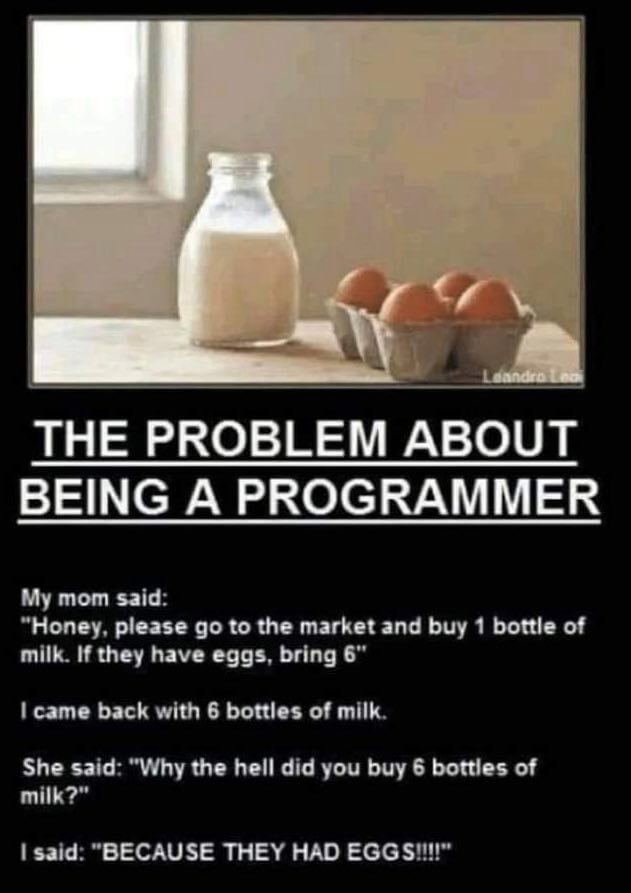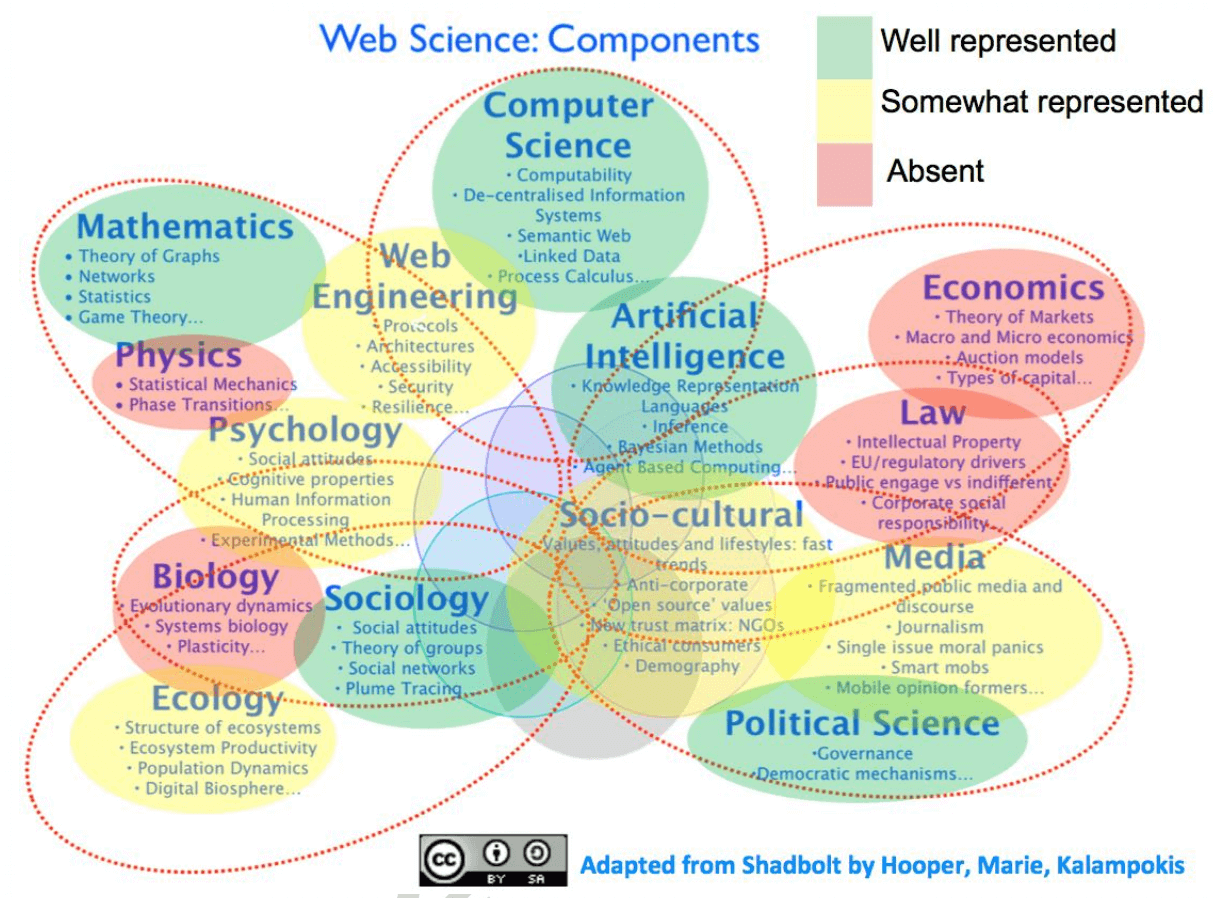Introduction

In this module you'll explore and discuss User Experience (UX) Design, Front-end Design, Back-end Development, Internet of Things (IoT), Big Data, Blockchain, Cloud Computing, Crowdsourcing and Citizen Science, Cybersecurity, Edge Computing, Low Code Development, Metaverse and Virtual Reality, and Open Source Software. In addition, you'll explore aspects of Cybperpsychology, such as Human Computer Interaction (HCI), the Leaky Pipeline, and Bias in Artificial Intelligence.
Participate in the Canvas Discussion of those topics and share thoughts about your cognitive style of learning software.
What is Software Engineering?
Software Engineering is the use of cyberpsychology, guidelines, methods, technologies, and languages to produce safe, efficient, and usable products and services for person-to-person, business-to-business, and person-to-business solutions to everyday problems. Learn more by viewing the following video
Software engineers design, develop, maintain, test, and evaluate computer applications. Some focus on a particular part of this process but others build apps on their own and manage the entire process.
In 2022, engineers are focused various aspects of Software Engineering. Read about the terms below, then pick one to synthesize and discuss in the Ch 1 Introduction Discussion in Canvas:
User Experience Design
Back-end and Front-end Development
Internet of Things (IoT)
Big Data
Blockchain
Cloud Computing
Crowdsourcing
Citizen Science
Cybersecurity
Edge Computing
Low Code / No Code Development
Metaverse and Virtual Reality
Open Source Software
Cyberpsychology
 Human computer interaction, foundations, and new paradigms.
Human computer interaction, foundations, and new paradigms.
Software Engineers study how people and societies interact with technology. They take the physical, social, psychological, mathematical, ecological, economic, legal, and political aspects of our lives and apply that knowledge to the development of technical solutions.
Learn more from the sources, below. Their content will help you relate your chosen topic from the previous tab with psychology, to inform your introduction discussion:
Cognitive Styles of Learning Software
As you complete the following activity, think about:
- How did your cognitive styles affect how you approached the previous lessons?
- How might your cognitive styles affect how you learn a new skill?
Discussion 1
Write about the module's readings in a word processing document, add hyperlinks to the titles of articles/movies, bold the names of key concepts, and check spelling, punctuation, and grammar before pasting your final writing into the Canvas Discussion.
Your initial Post
- Choose one topic from the software engineering list to discuss.
- Use that engineering term in the first line of your post.
- Address how cyberpsychology might come into play with that engineering topic.
- Tell us about your cognitive style and how it might help you navigate this course.
- Cite your sources using a hyperlinked movie/article title (no long URLs allowed).
Reply to a classmate
- Search for another student's post that is of a different topic than your own.
- Reply to it with additional information about their topic.
- Relay a personal experience or summarize a current news or journal article.
- Cite your source(s) using a hyperlinked movie/article title (no long URLs allowed).
- Do not repeat your previous post.
Backup your work to a cloud drive and/or USB stick drive.